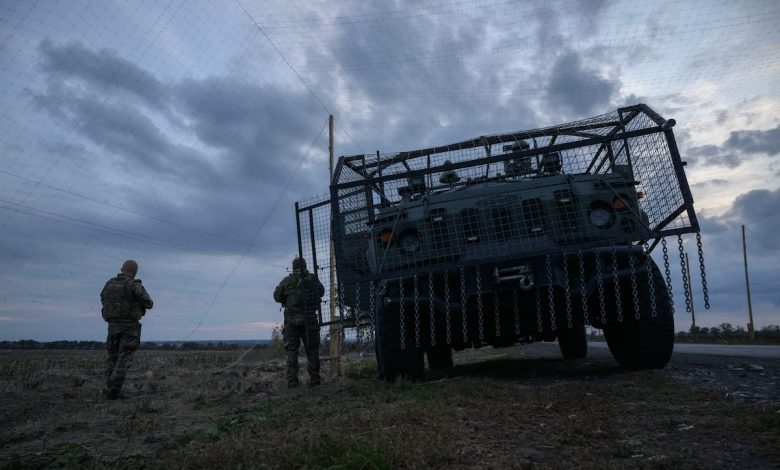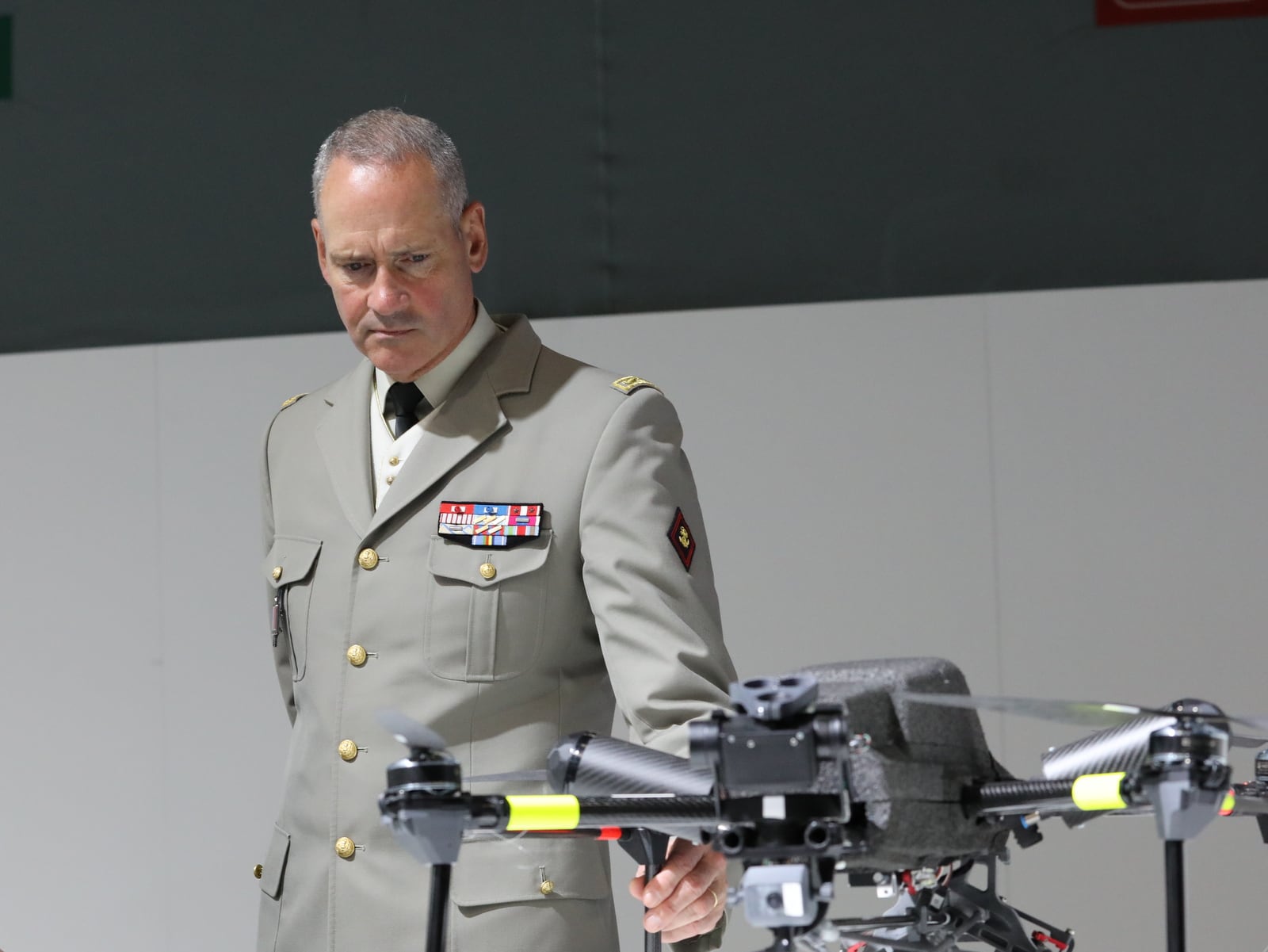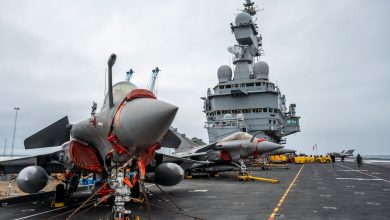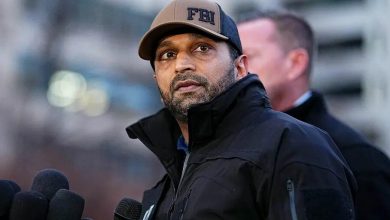French Army chief Schill sees Europe facing empires, vassals, war

PARIS — Russia’s invasion of Ukraine and America’s use of economic force to achieve goals signal the end of a world order based on respect of sovereignty and crisis resolution through negotiation, and indicate the resurgence of empires, French Army Chief of Staff Gen. Pierre Schill said.
The world is experiencing a turning point that may be at least equivalent to the end of the Cold War, and possibly comparable to the First World War, Schill said at a presentation of his first book, “Le sens du Commandement,” which roughly translates as the meaning of command, at La Procure bookstore in central Paris last week
“Faced with empires, one is either an enemy or a vassal,” Schill said. The question for Europe and France is now, “how can we influence our destiny so as not to be vassalized in this world that is coming?” the commander of the French land forces said.
RELATED
Schill said Europe’s strength lies in the collective, through the European Union and NATO – both the EU and NATO treaties include mutual defense commitments. For France, that means “we can unfortunately – and this is both the tragedy and the strength – be drawn into the mechanism of a major commitment, even if we don’t have a threat on our borders.”
Within the changed geopolitical environment, the war in Ukraine may represents a shift similar to World War I, which Schill likened to “an industrial revolution superimposed on a war, or a war superimposed on an industrial revolution.”

Whereas at the beginning of WWI, electricity was in its infancy and oil hardly used, with no air planes and few cars, “by the end, all of this had developed in an absolutely extraordinary way” as two huge blocs poured all their might into the war, generating intense momentum within this industrial revolution, according to Schill.
“Perhaps today we are experiencing something similar, with the industrial revolution of digital technology, drones, outer space with its use of satellites, and automation,” Schill said. “Perhaps it is crystallizing around this absolutely enormous battle happening before our eyes in Eastern Europe.”
The future will bring “tougher, larger-scale wars” that put logistics back at the forefront, according to Schill, who called it “absolutely essential that our army adapts to the world that is coming,” including by tweaking its structures and adding artillery for deep fires. Other questions to consider are the return of conscription and increasing France’s number of reservists, the general said.
In the new world, one source of power will likely be the ability to adapt to evolving technologies, including at lower echelons, according to the French Army chief.
“The modern world and the world of future combat will in any case be a world in which adaptation and adaptability will be essential,” Schill said. “We need to adopt a mindset of continuous innovation, not only in terms of technology, but also tactics.”
Schill advocated for command by intent, which fixes objective and purpose but allows for initiative at lower echelons, as the command method best adapted to modern combat, as well as the current generation of young recruits looking for purpose.
“Command through meaning, through clear objectives, and through subsidiarity, and which makes clear the framework in which we’ll operate, seems to me well suited to the challenges and of our time and its complexity,” Schill said.
Whereas the French military has a long tradition of summary orders with room for initiative, there has been a shift towards a more detailed and complex style of command, according to Schill. He cited reasons including France’s adoption of the precautionary principle, increasingly powerful command systems integrating AI and the development of international interoperability procedures.
The general cited the retreat from Cao Bang in Indochine in 1950, where around 3,700 French troops were lost, as a prime example of an operation where “the plan was perfect, the plan was precise,” and when the reality on the ground changed, the order to follow the plan to the letter contributed to the eventual defeat.
During the operation, two columns of evacuating French troops were to meet up south of Cao Bang, with no contingency plan if the maneuver failed.
Schill cited the liberation of Paris by the 2nd Armored Division led by Gen. Philippe Leclerc in 1944 as a counterexample of a victorious operation that focused on objectives and left room for initiative, with no more than half a page of orders.
“So faced with this complexity in the world, it’s important to continue to have initiative at the lower levels, because that’s where the maximum effectiveness will be.”
Rudy Ruitenberg is a Europe correspondent for Defense News. He started his career at Bloomberg News and has experience reporting on technology, commodity markets and politics.







